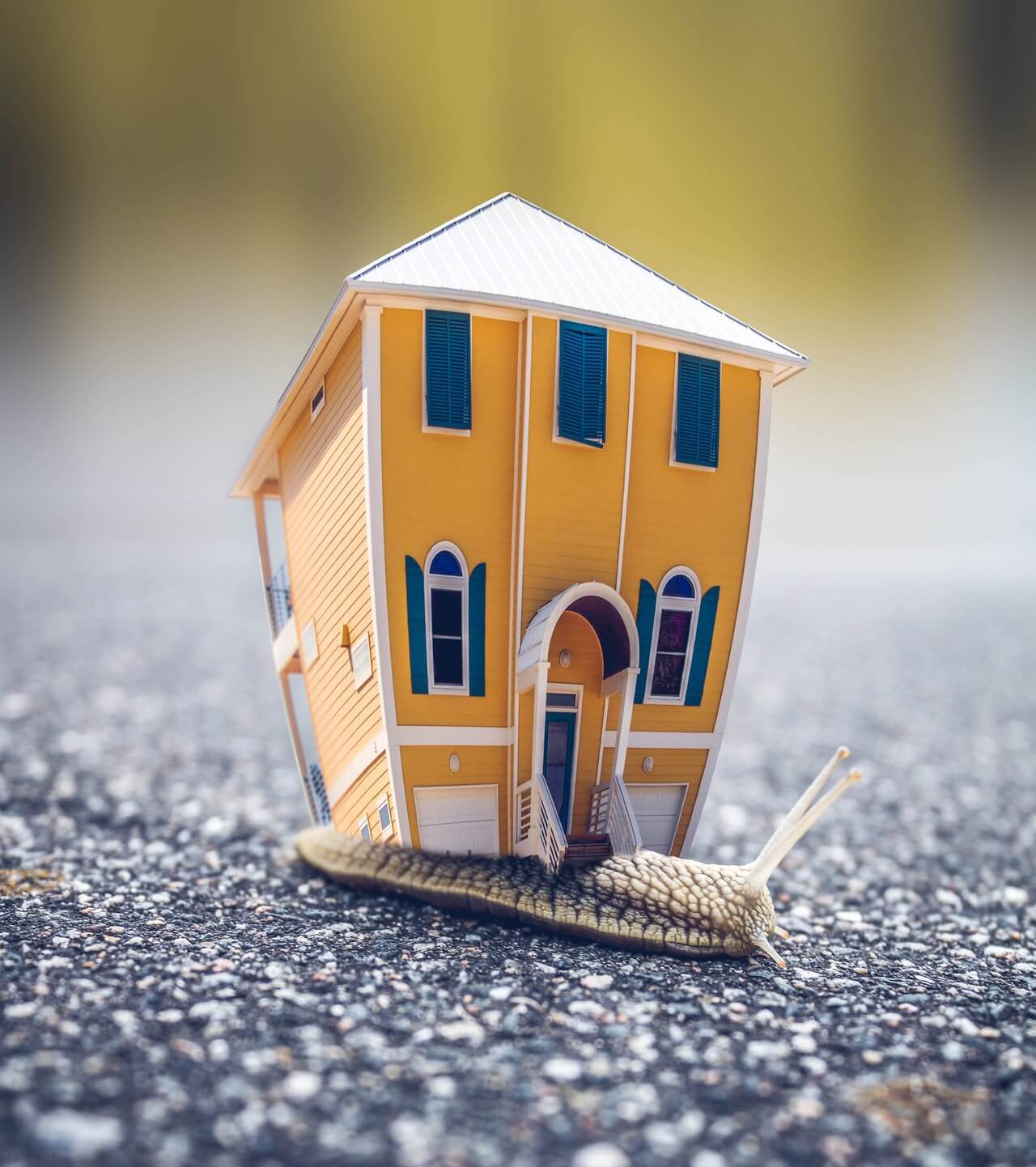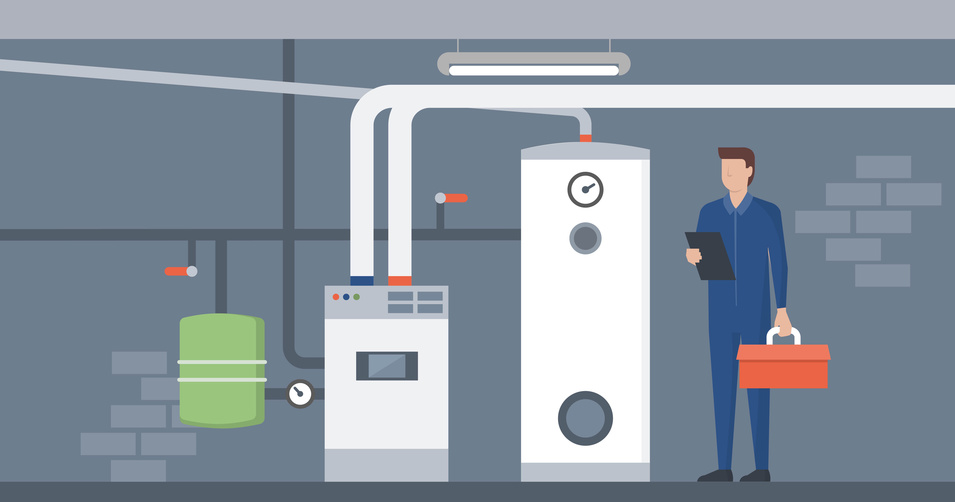Advice for Home Sellers Who Are About to Go Through a Home Inspection
When people are looking to buy a new home, they usually have a home inspection done before they go through with the sale. This process does not take a lot of time, the average inspection of a home takes between one and two hours, but can be very stressful. Home inspectors look at a lot of things in a house and will inspect all of the different systems that are located in the home. While home inspectors have to look at everything, home buyers are really only interested in a few areas.
Here are a few fixes you can do to help your home pass an inspection:
- Take care of any mildew or mold before the home inspector shows up. These substances are huge red flags for anyone working for a home inspection services company. The Centers for Disease Control and Prevention (CDC) has been able to isolate thousands of kinds of mold. All can be dangerous to human health. It will be hard to sell your home as long as there are many kinds of mold hanging out in your home. In the best case scenario, after mold or mildew is found in your home, you will be required to pay for an expensive mold remediation service to get rid of it. The more likely outcome will be that your house will fail its inspection.
- Take care of crawlspaces and basements that may be too damp. Walk around your home and pay attention to what your nose finds. If you are in your basement and you smell mildew, the space is too damp. Mildew and mold love damp places where they can move in and make a home for themselves. If you have overly damp crawlspaces or basements, you need to dry them out to prevent the growth of mold and mildew. Once you have dried the area, take steps to keep it dry. Put down plastic and fix any problems with your foundation that may be causing your basement or crawlspace to become damp. There are some other things you can and should do to keep water from collecting in areas where you do not want it.
- Make sure your gutters are clean and your downspouts are working properly. When gutters become clogged, water can pool around your foundation. When downspouts do not push water away from your home, the same thing can happen.
- Make sure any pipes or lines under your property are working properly, You can talk to a plumbing company about this process.
- Deal with any foundation problems. If there are problems, you should have repairs done. If you cannot make the needed repairs, you will have to let interested buyers know about the problems and you may have to lower your asking price.
- Check out your chimney and roof. Home inspectors are going to look long and hard at your roof and chimney if you have one. Make sure the roof is in good shape and any shingles that need to replaced have been. If you live in a state that requires home inspectors to do a separate inspection on the home’s roof, this is even more important. If you have a chimney, the flashing should be checked to make sure it is snug and totally waterproof.
- Deal with any issues with your plumbing. Leaks should be fixed before a home inspector shows up. They often take a look at the water pressure in a home. One way this is done is by turning on several faucets and then flushing your toilets while the water is running. When they inspect the septic system by placing a dye in the water. They then look at your septic system to see where the dye shows up. If you have any issues with your septic system or the plumbing in your home, you need to have professional plumbers fix them before the house is inspected.
- Make sure your electrical system is working well. You need to make sure your circuit breaker and electrical panel need to be sufficient for the power needs of the home.
Building inspectors take at least 500 data points per inspection. Fixing any problems can make your home more appealing to homebuyers.




 Whether you’re looking to buy or sell a building or just want to make sure everything is up to code, a
Whether you’re looking to buy or sell a building or just want to make sure everything is up to code, a  There are many necessary costs that come with buying a home. Realtor and lawyers fees can take a lot out of you and you might be tempted to look for ways to save money. One of those potential ways is to skip your home inspection.
There are many necessary costs that come with buying a home. Realtor and lawyers fees can take a lot out of you and you might be tempted to look for ways to save money. One of those potential ways is to skip your home inspection.